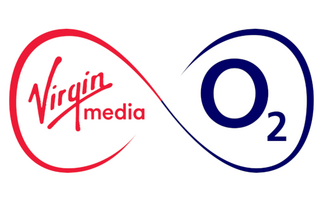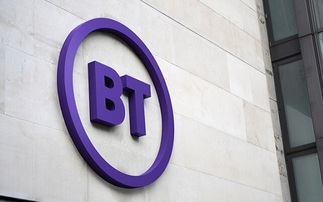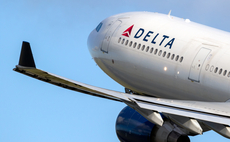Modern networking technology has revolutionised everything – not that you’d know it
Empty pockets - the new norm As a road warrior of over 35 years, my mode of operation has been moulded by successive technology advances in clothing, luggage and online services such as bookings...
To continue reading this article...
Join Computing
- Unlimited access to real-time news, analysis and opinion from the technology industry
- Receive important and breaking news in our daily newsletter
- Be the first to hear about our events and awards programmes
- Join live member only interviews with IT leaders at the ‘IT Lounge’; your chance to ask your burning tech questions and have them answered
- Access to the Computing Delta hub providing market intelligence and research
- Receive our members-only newsletter with exclusive opinion pieces from senior IT Leaders




















